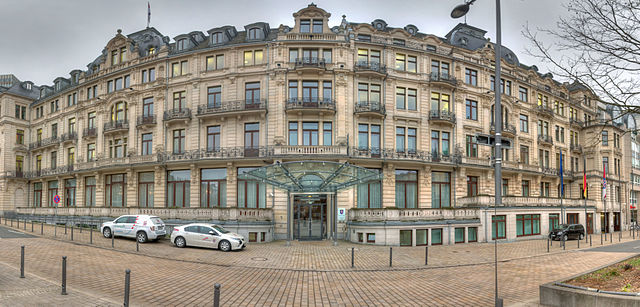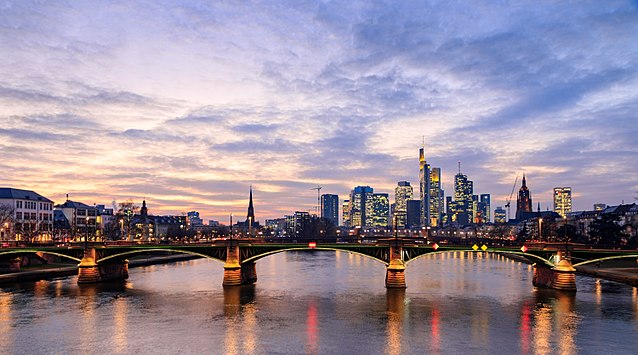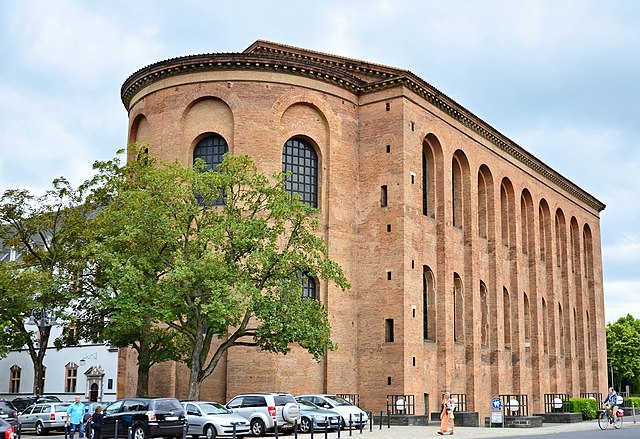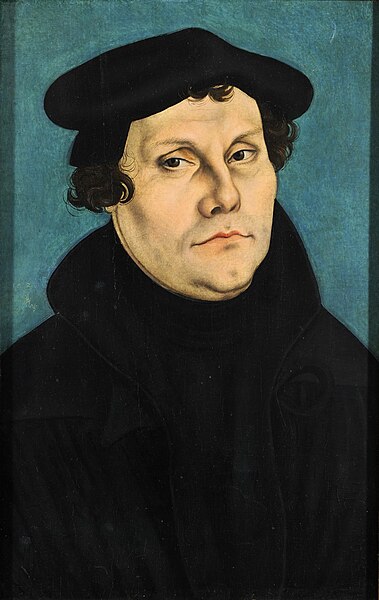Hesse or Hessia, officially the State of Hesse, is a state in Germany. Its capital city is Wiesbaden, and the largest urban area is Frankfurt, which is also the country's principal financial centre. Two other major historic cities are Darmstadt and Kassel. With an area of 21,114.73 square kilometers and a population of over six million, it ranks seventh and fifth, respectively, among the sixteen German states. Frankfurt Rhine-Main, Germany's second-largest metropolitan area, is mainly located in Hesse.
River Lahn in Runkel
Taunus landscape with Großer Feldberg in the center of the background
The state chancellery building in the capital city of Wiesbaden
Frankfurt am Main skyline
Germany, officially the Federal Republic of Germany, is a country in the western region of Central Europe. It is the second-most populous country in Europe after Russia, and the most populous member state of the European Union. Germany lies between the Baltic and North Sea to the north and the Alps to the south. Its 16 constituent states have a total population of over 84 million, covering a combined area of 357,600 km2 (138,100 sq mi) and sharing land borders with Denmark to the north, Poland and the Czech Republic to the east, Austria and Switzerland to the south, and France, Luxembourg, Belgium, and the Netherlands to the west. The nation's capital and most populous city is Berlin and its main financial centre is Frankfurt; the largest urban area is the Ruhr.
Basilica of Constantine in Trier (Augusta Treverorum), built in the 4th century
Martin Luther, born in Eisleben in 1483, challenged the indulgences of the Catholic Church, giving rise to the Reformation and Protestantism.
Adolf Hitler, dictator of Nazi Germany from 1933 to 1945
The Berlin Wall during its fall in 1989 and the Brandenburg Gate (background) was one of the first developments in the end of the Cold War, leading ultimately to the dissolution of the Soviet Union.








